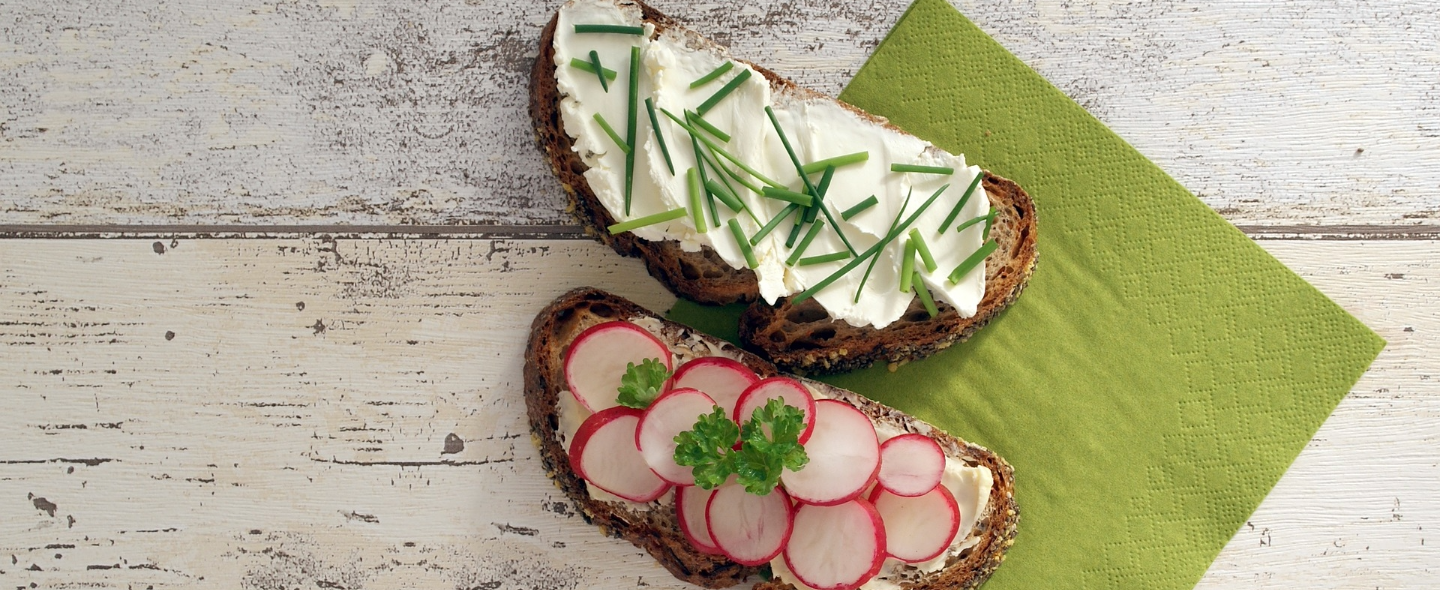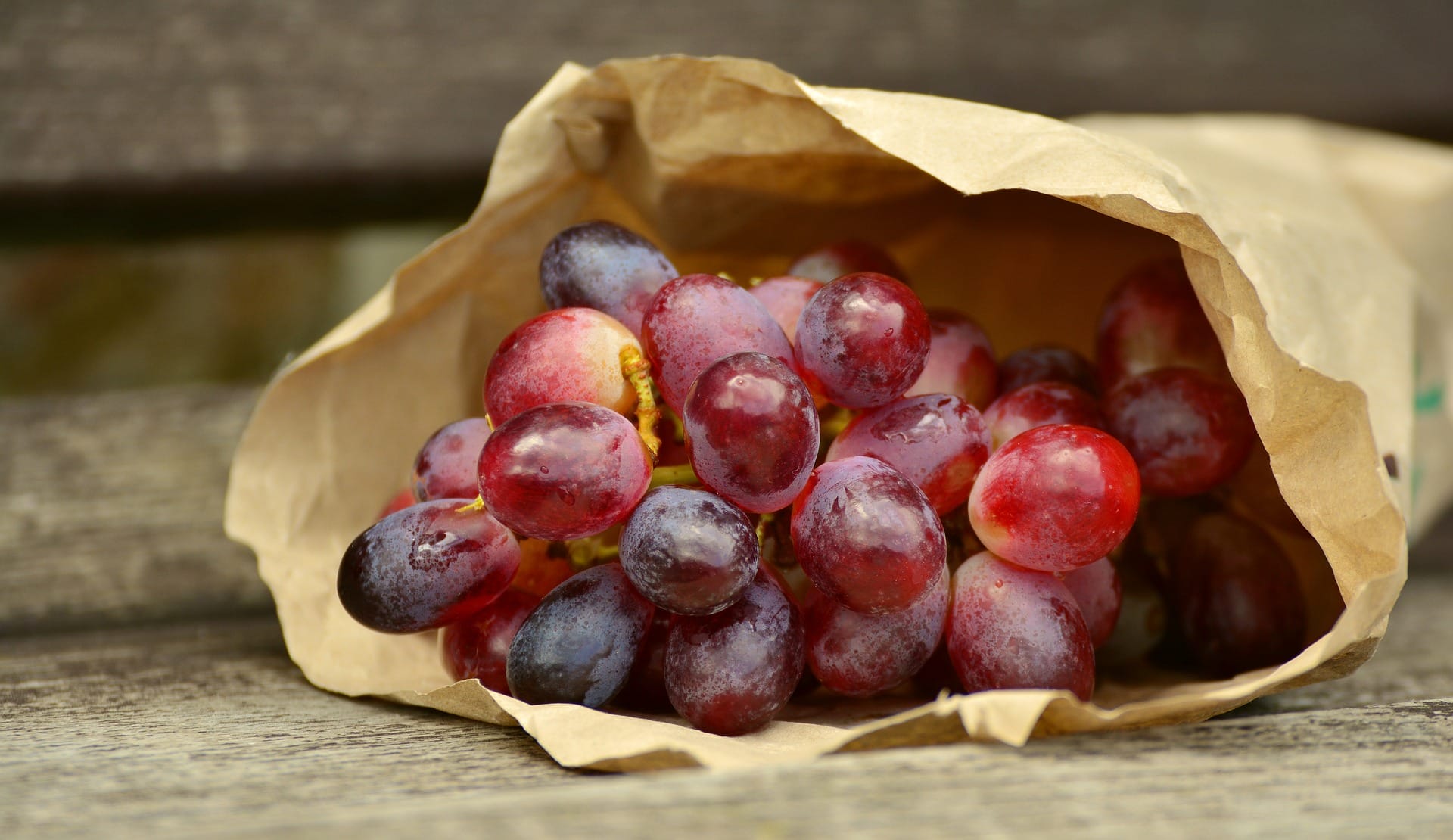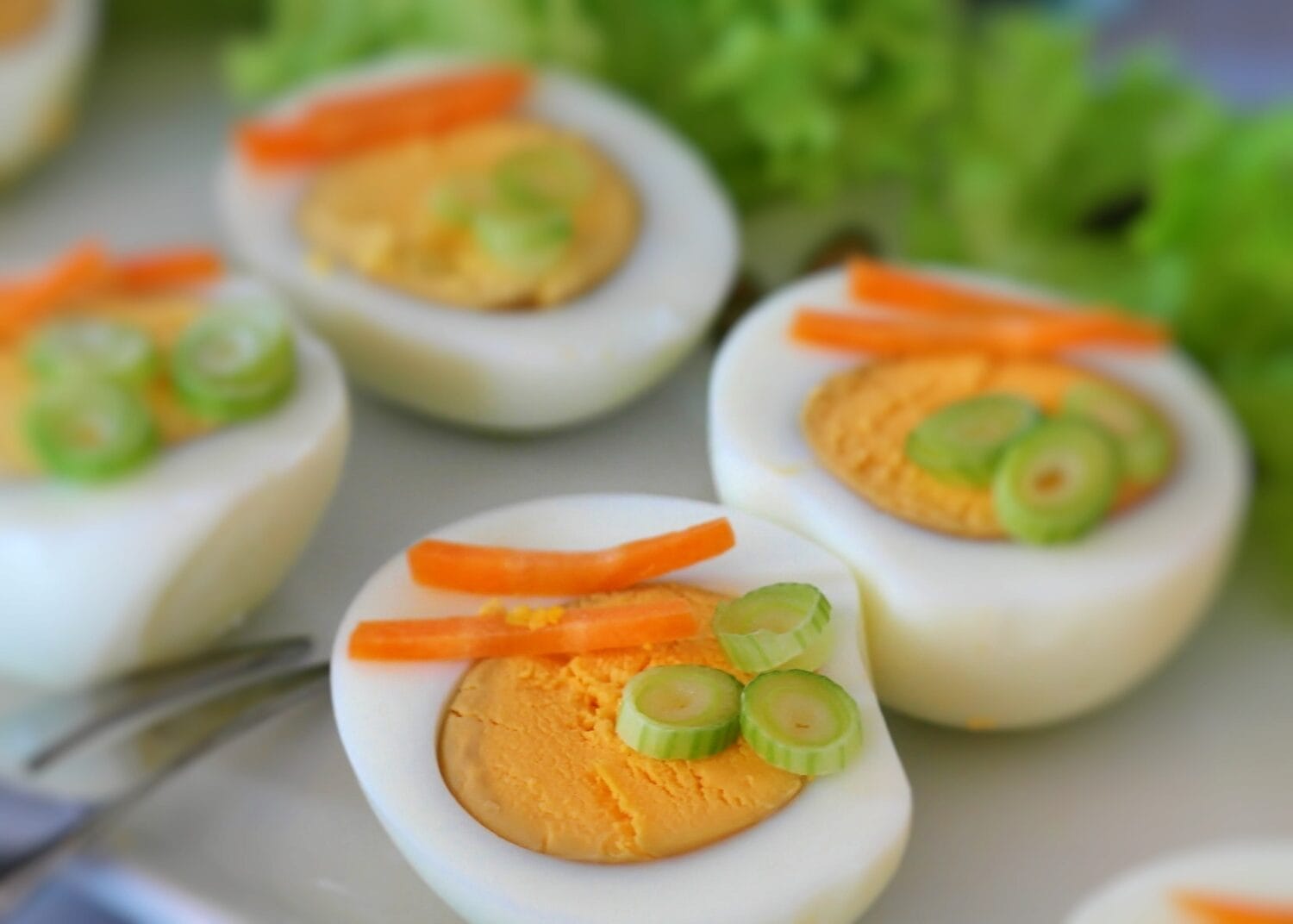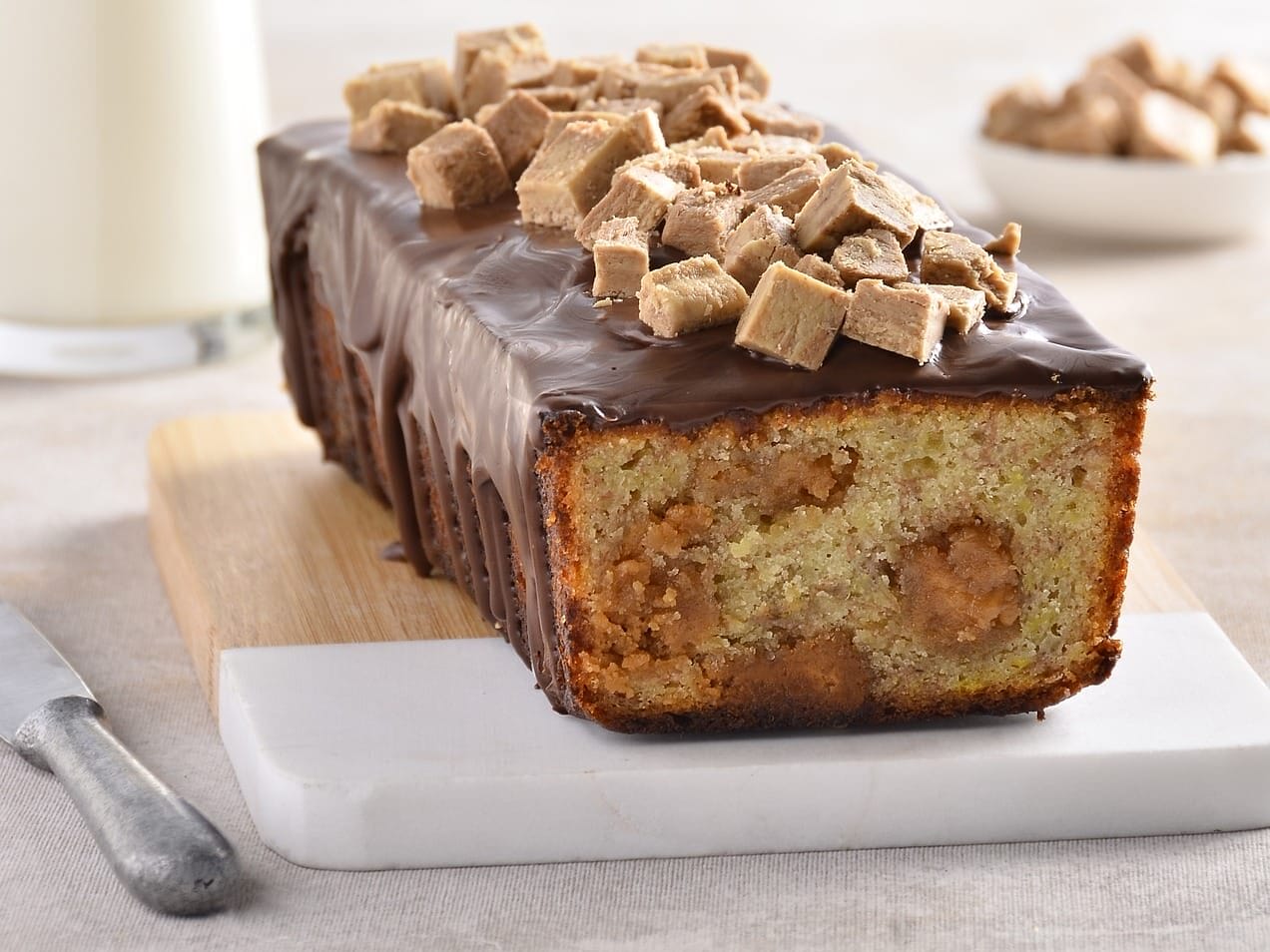Why Choose Healthy Hiking Snacks?
Nutritious snacks for hiking:
- Give you a steady supply of energy
- Help maintain stable blood sugar levels
- Provide essential nutrients for your body
- Are ideally lightweight and easy to carry
- Don’t require refrigeration
- Can be eaten without cutlery
- Are not fragile and won’t spoil easily
In this guide, I’ll share my top tips and favorite recipes for healthy hiking snacks to keep you fueled on your next adventure.
11 Energy-Boosting Snacks for the Trail
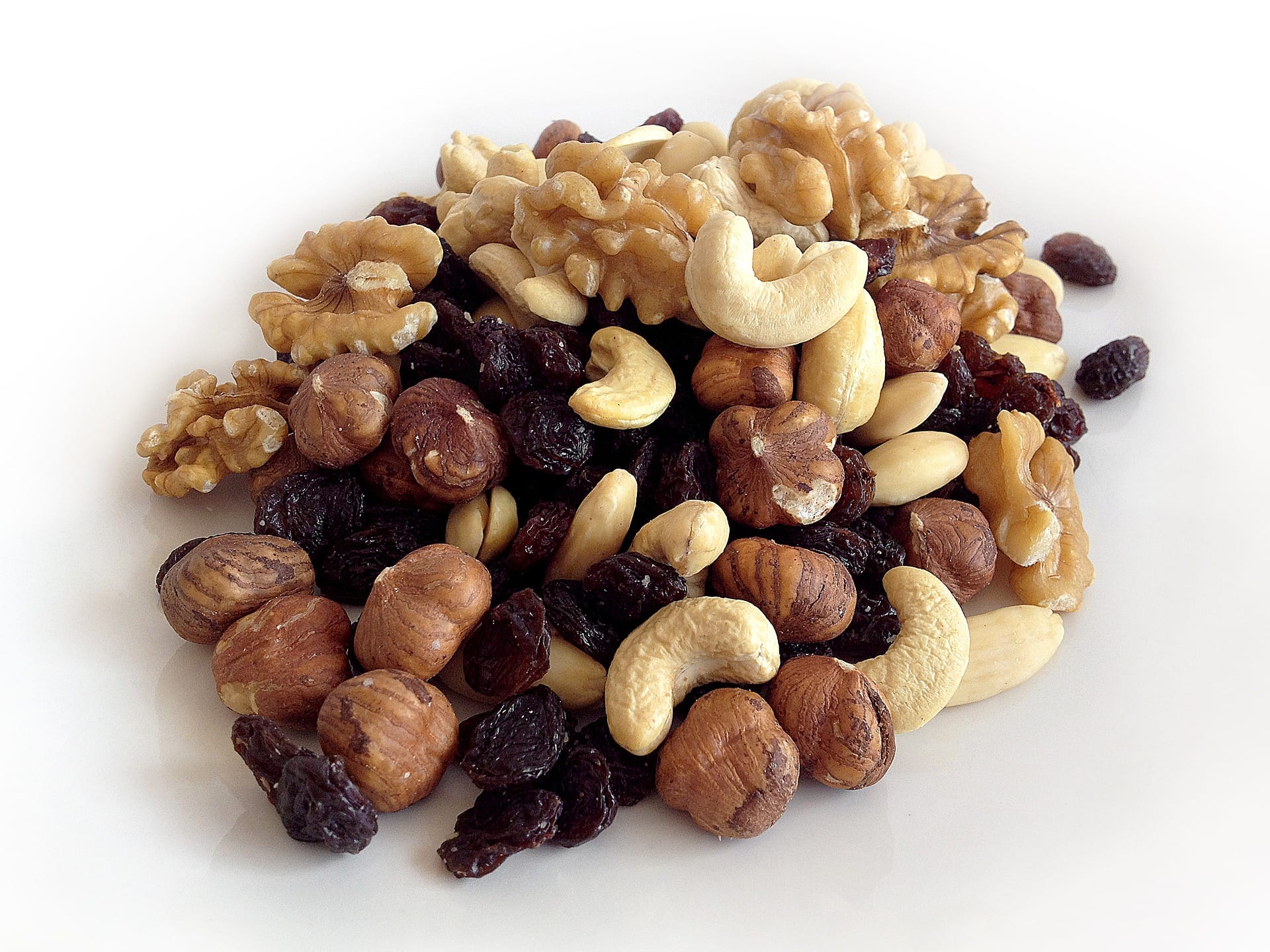
Nuts and Dried Fruit
Packed with protein, healthy fats and slow-release carbs, nuts and dried fruit are a hiking staple. I always carry a handful of shelled walnuts and raisins on long-distance hikes. They’re a reliable energy source, especially when the final push to the summit gets tough.
Energy and Muesli Bars
I prefer to bake my own muesli bars, so I know exactly what’s in them. A mix of whole grains, nuts and fruit works brilliantly. My go-to ingredients include oats, quinoa, almonds and dried dates or apple. I avoid high sugar content and sweeten mine with honey or agave syrup. Energy balls are another tasty option.
Fresh Fruit
Apples, grapes and berries are easy to pack and don’t take up much space when chopped. They offer natural sugars for a quick energy boost, along with vitamins, fibre and minerals. Fresh fruit gives you the energy you need for a hike.
Tips for packing fresh fruit:
- Slice apples during your hike or eat them whole to keep them fresh and prevent them turning brown.
- Wrap bananas well and avoid placing them at the bottom of your backpack – they bruise easily.
- Fresh fruit isn’t ideal for multi-day hikes, as it spoils quickly.
My favorite: Frozen grapes
They’re a refreshing treat on summer hikes. I freeze red or white grapes overnight after removing the stems, then pack them in the morning. They’re delicious and cooling, but eat them quickly in summer before they thaw. Fruit skewers are also great, especially when hiking with children. They’re fun, colorful and easy to eat.
Veggie Sticks with Hummus or Cream Cheese
Carrots, celery, peppers, cherry tomatoes and cucumber make excellent snacks on warm days. Hummus is a great dip, offering protein and healthy fats from chickpeas.
Homemade Wholegrain Crackers
These provide complex carbohydrates and can be topped with nutritious avocado or sweet potato spreads.
Hard-Boiled Eggs
A brilliant source of high-quality protein, eggs keep you full and are easy to carry. I’m especially fond of Chinese marbled tea eggs, marinated overnight. They always draw curious looks when I unpack them at the summit.
Dried Meat or Beef Jerky
High in protein and energy, dried meat is ideal for long hikes. It doesn’t need refrigeration, making it perfect for multi-day treks.
Savory Muffins, Pretzels, Bagels and Banana Bread
Potato muffins are one of my favorites. I add Italian herbs and a bit of cheese to the dough, but you can get as creative as you want. Savory muffins are a hit with hikers of all ages. Pretzels and bagels are also great options. For a sweet treat, I bake banana bread – the banana adds natural sweetness, so there’s no need for extra sugar. Even sweet-toothed hikers will be satisfied.
Spelt Pancakes and Healthy Waffles
Filling and easy to carry, banana waffles or pancakes are a great hiking snack. Just mash bananas into your usual batter, no need for added sugar. These are especially popular with children on the trail.
Wholegrain Bread
Wholegrain bread is ideal for sustained energy. It’s filling and provides you with long-lasting strength. Top it with (vegan) cheese or your favourite spread. White bread is also an option, but it offers much less nutritional value and won’t keep you full for long. If you’re hiking abroad, be sure to try the local bread varieties.
Popcorn
A fun snack for kids and adults alike. Popcorn is light, energising and easy to pack. For a flavourful twist, mix it with dark chocolate chips and mini pretzels.
Don’t Forget to Stay Hydrated
Snacks are important, but hydration is key. Always carry enough fluids with you. Water and unsweetened tea are excellent choices – they hydrate without added sugar. Aim to drink at least two litres per day while hiking. Keep in mind that you’ll lose fluids through sweat, especially in warmer weather or on strenuous routes.
